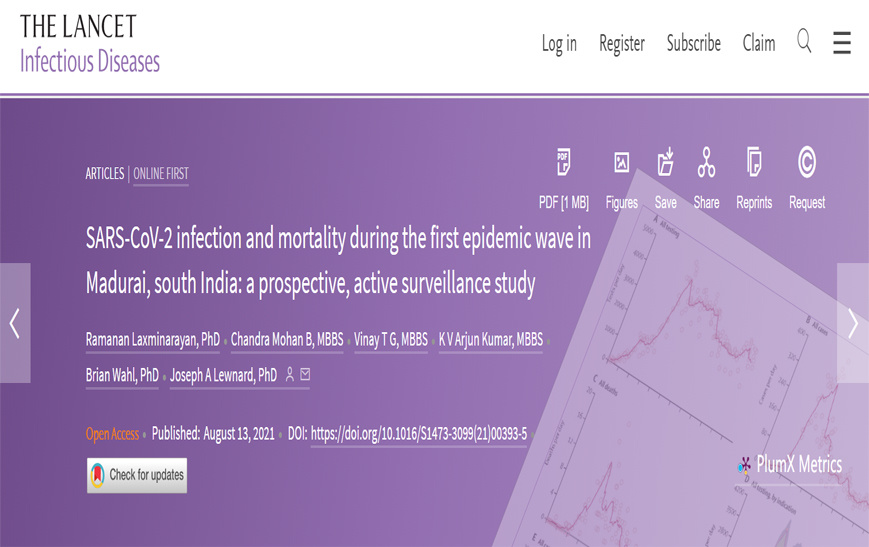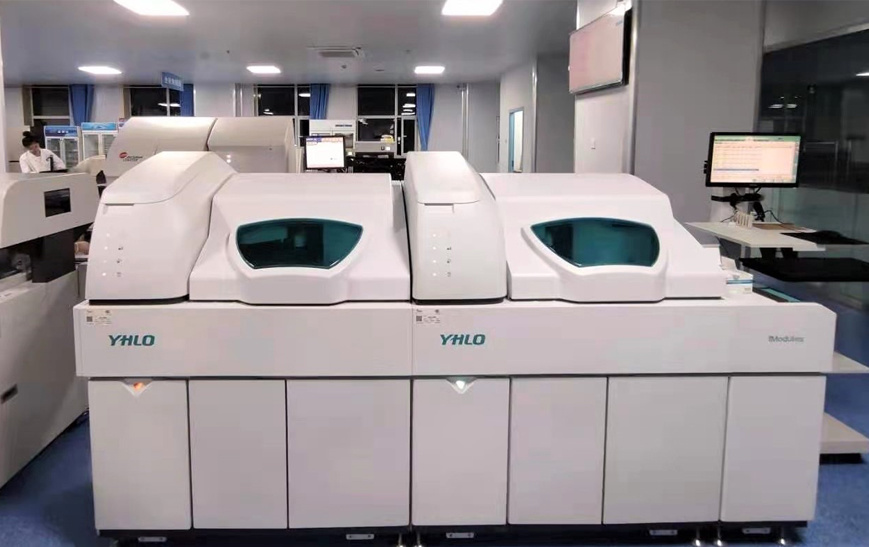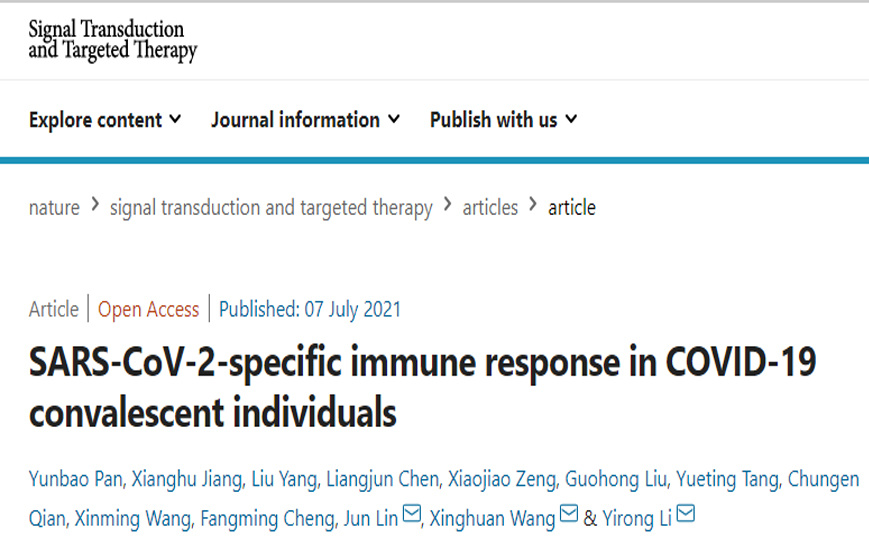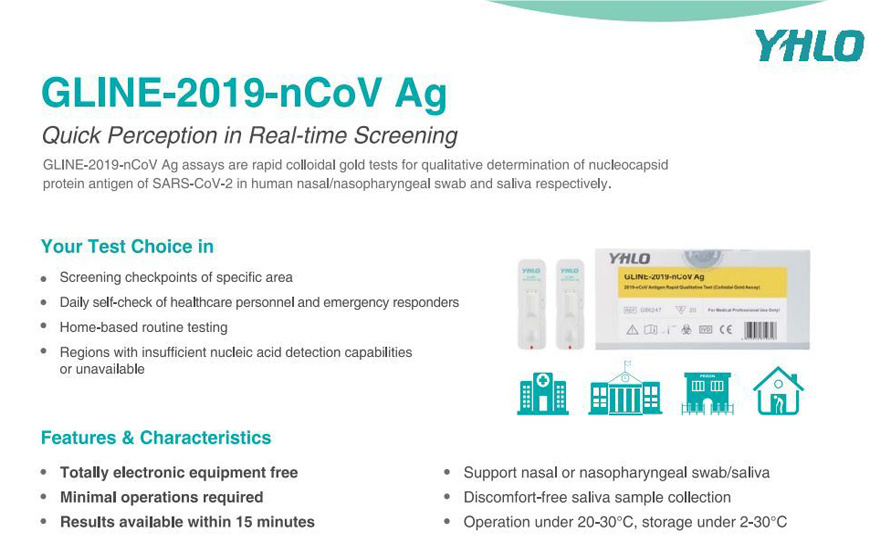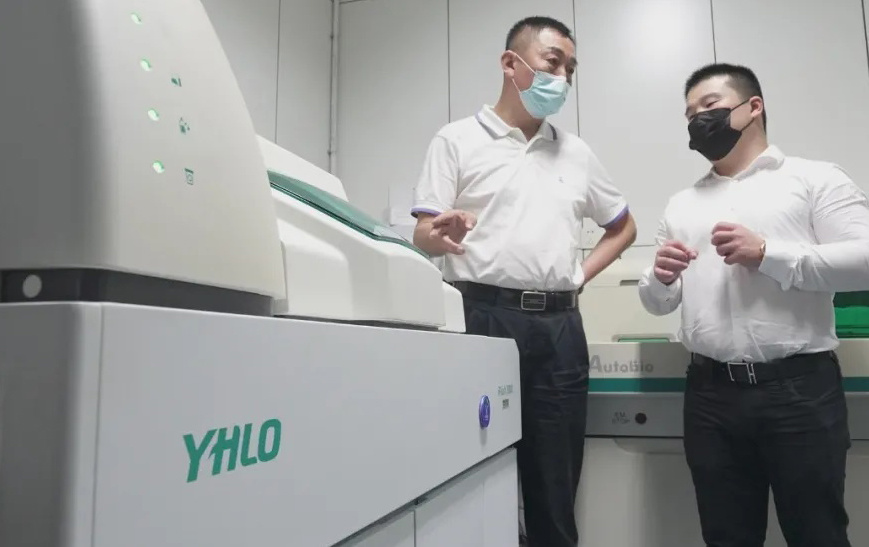YHLO assisted in the SARS-CoV-2 serosurveillance research in Madurai, South India
Time Posted :2024-04-07
The first shipment of YHLO iFlash 1200 to Latin America set sail
Time Posted :2024-04-07

Add: Building 1, YHLO Biopark, Baolong 2nd Road, Baolong Subdistrict, Longgang District, 518116 Shenzhen, P.R.China



